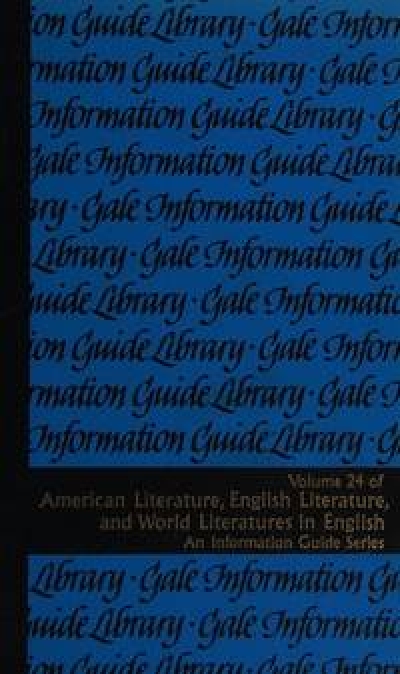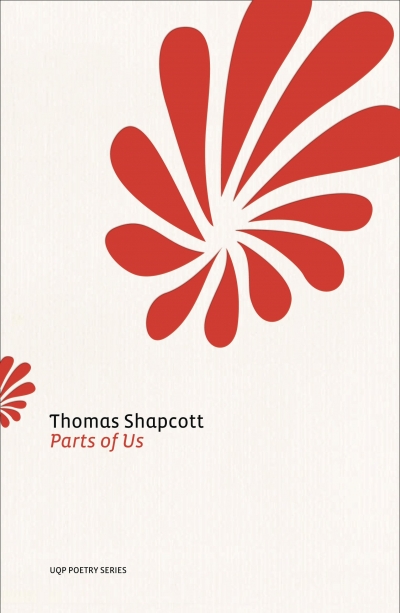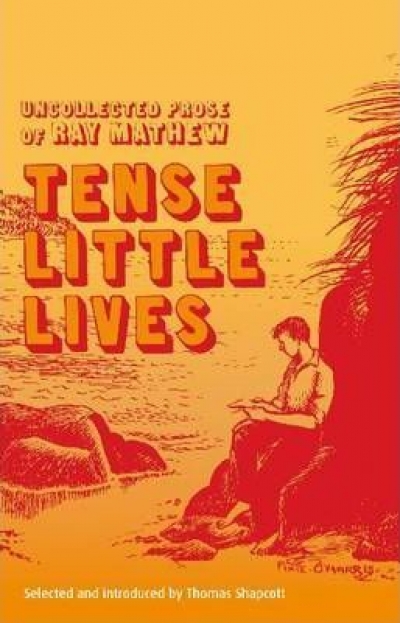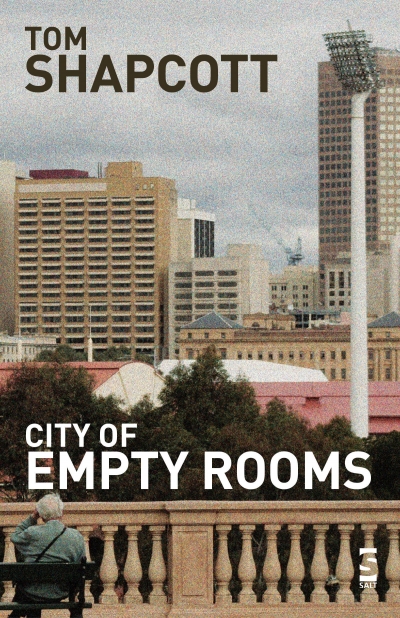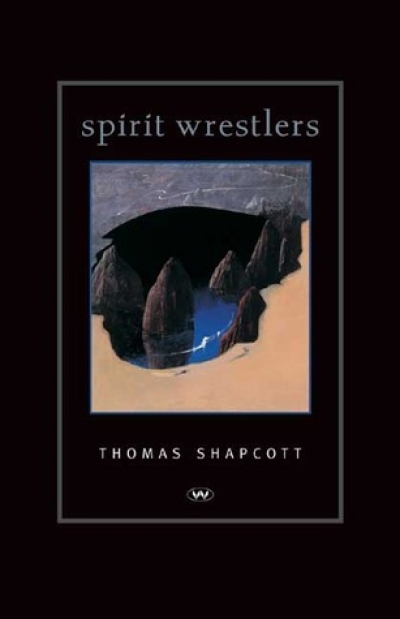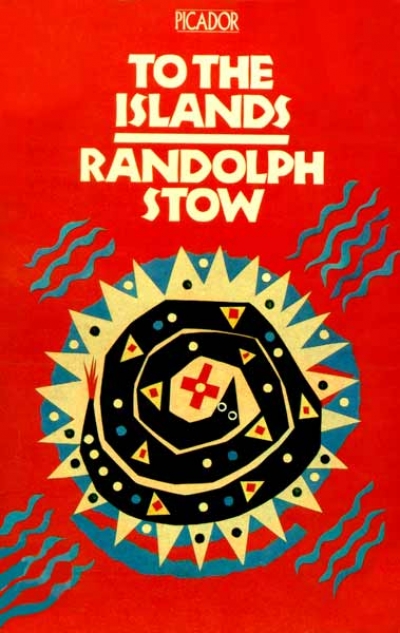Thomas Shapcott
Modern Australian Poetry 1920-1970: A guide to information sources edited by Herbert C. Jaffa
Underneath everything we touch is the smell
Of something too obvious to express
And yet we say there is nothing, nothing at all.
What is it about laughter that makes us lift
As if the burden might be gone or the weight
Be somehow alleviated? Laughter is just noise.
Wait. Sometimes the waiting seems interminable
But that is the trick with water. The dark
Gathers up your apprehension and you seek ...
Tense Little Lives: Uncollected prose of Ray Mathew edited by Thomas Shapcott
To the Islands by Randolph Stow & Tourmaline by Randolph Stow
Attending a poetry festival is not normally considered a life-threatening event (not even if you are prone to deep vein thrombosis from constant sitting) but when I told my family I was going to Struga, I was greeted by worried looks and expressions of deep concern. Struga is in the Republic of Macedonia. Just days before, Macedonian hotheads had set fire to a mosque in Prilip (not that far from Struga) in revenge for the death of a Prilip policeman in a road-mine explosion planted by Albanian terrorists. The hair-trigger tensions in that country were clearly dangerous, and possibly escalating.
... (read more)
